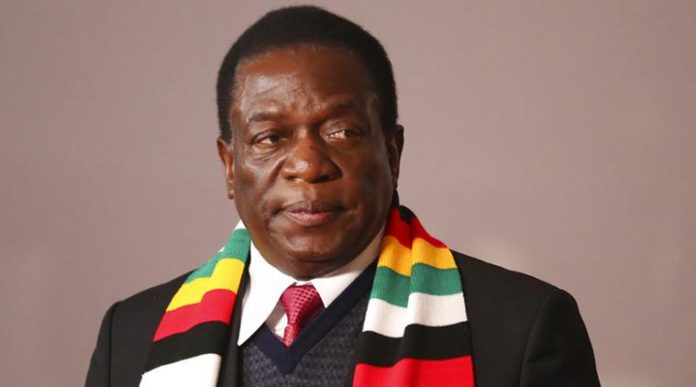By Thabani Zwelibanzi
President Emmerson Mnangagwa won elections on the back of promises to implement reforms, but more than a year since he was elected, his government’s sincerity in undertaking the envisaged democratic reforms became increasingly questionable, a new report by the Media Institute of Southern Africa (Misa) Zimbabwe says.
Among the reforms that the government promised are changes to the media landscape and in the process gazetted the Freedom of Information Bill and the Zimbabwe Media Commission Bill.
“… it is regrettable that these two bills were generally viewed as a far cry from meeting the country’s constitutional yardsticks as envisaged under sections 61 and 62 of the Constitution, which guarantee freedom of expression, media freedom and access to information,” Misa’s State of the Media 2019 report says.
The media rights lobby said the government’s approach to media reforms was lacklustre and lethargic, describing this as a cause for great concern.
Misa called on the government to align laws to the Constitution if it was sincere about implementing key reforms.
“While the alignment of media, freedom of expression and access to information with the country’s supreme law has been outstanding for years, the crux of such initiatives should be underpinned by implementation and adherence to the constitution and the dictates of the envisaged laws,” the body said.
On digital rights, Misa Zimbabwe cited a Freedom of the Net Report published by Freedom House, which showed that Zimbabwe is one five countries which have experienced the greatest decline in internet freedom in the past year.
This decline is largely due to the internet shutdown experienced by Zimbabwe in January 2019 as well as the arrests and harassment of dissenting voices online.
Misa also raised alarm that journalists continued to be assaulted during the course of their duties.
“The media-operating environment in 2019 was far from the ideal when measured against the government’s compliance with constitutional guarantees to media freedom, free expression and citizens’ right to access to information,” the report says.
“This is despite pledges by the new government led by President Emmerson Mnangagwa, to break with the past which was characterised by unlawful arrests, assaults and harassment of journalists conducting their constitutionally guaranteed professional duties.”
Misa was also frustrated that while the government claimed to be reforming, it had actually resuscitated the much-maligned Public Order and Security Act — albeit under a new name — the Maintenance of Order and Peace Act.
On the MOPA, the group cited United Nations Special Rapporteur on the Rights to Freedom of Peaceful Assembly and of Association, Clement Nyaletsossi, who, at the end of last year, issued a stinging critique of the law.
“Given the foregoing, Zimbabwe was thus back to the pre-Government of National Unity (GNU) 2007-2008 status quo ante characterised by socio-economic political instability and contested presidential election results, triggering incessant calls for political dialogue and implementation of fundamental reforms,” Misa said in its report.
Misa said Mnangagwa’s pledges to usher socio-economic and political stability hinged on strengthening Zimbabwe’s institutions of democracy.

